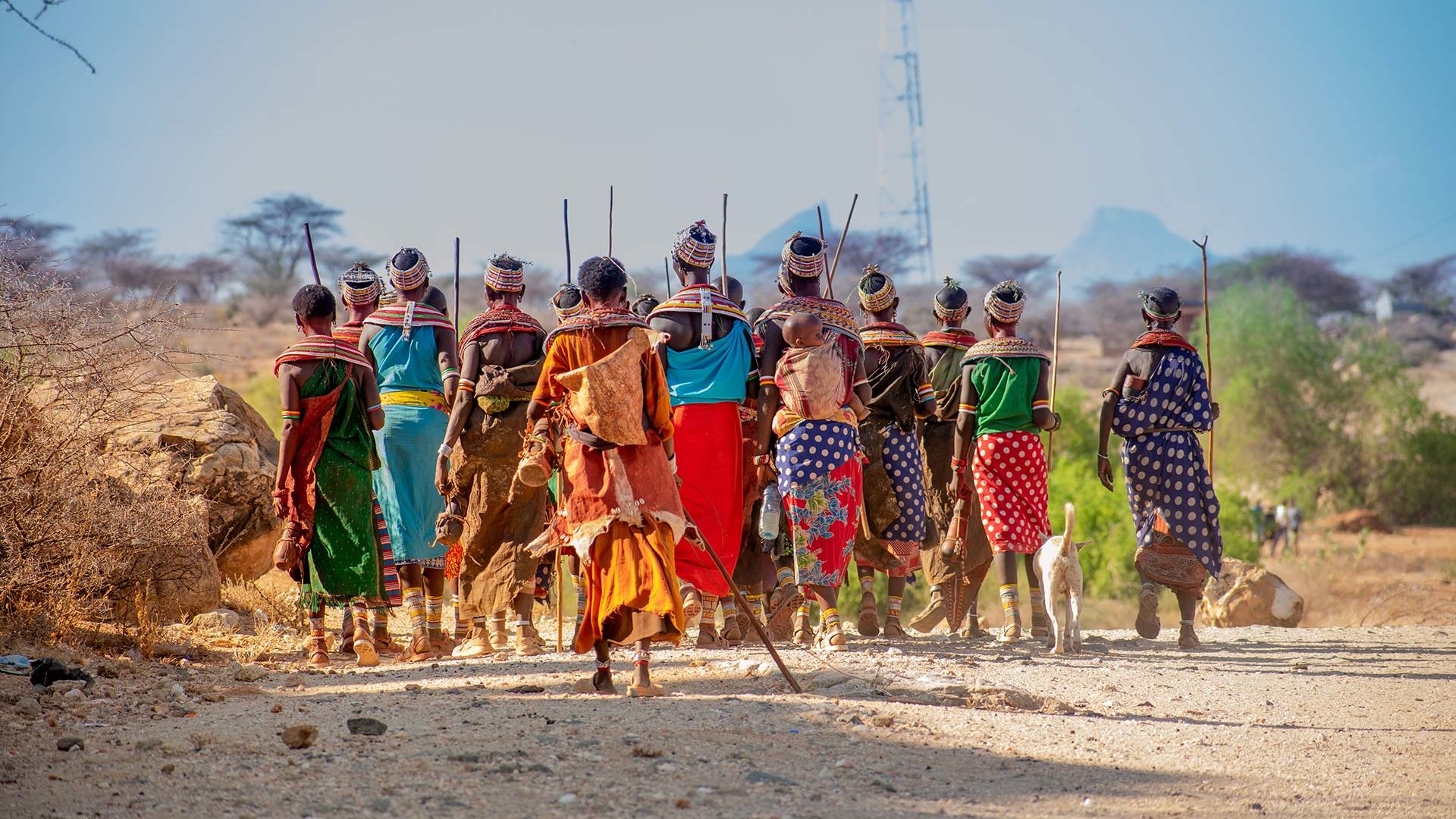Shared Lands has been awarded a new grant to study how grassroots environmental peacebuilding movements address environment-related violent conflict in fragile contexts, such as northern Kenya.
Northern Kenya is highly vulnerable to climate change. In recent decades, there have been notable changes in rainfall patterns while droughts have also become more frequent and severe (Muhati et al. 2018). Furthermore, a new rush of natural resource investment has placed further pressure on the environment in this arid region. At the same time, northern Kenya is also prone to violent conflict.
Historically, this conflict took the form of intercommunal fighting. More recently, land investments have fuelled new conflicts and a proliferation of small arms has made conflict more lethal.
There is a long history of research on the relationship between environmental change and violent conflict in northern Kenya; however, findings are ambiguous. While some studies have found a link between higher temperatures (Hsiang et al. 2011; O’Loughlin et al., 2012) or lower precipitation (Ember et al. 2012; Hendrix and Salehyan 2012) and violent conflict, others have found no link (Buhaug 2010; Theisen 2012).
In response to the ongoing debate around the link between environmental change and violent conflict, Shared Lands will advance a different line of thinking by asking how shared environmental challenges can facilitate peacebuilding rather than conflict (Ide 2018). Shared Lands sees evidence to support this line of research in northern Kenya where grassroots peacebuilding movements are emerging in response to environmental challenges.
Specifically, this project will involve researching grassroots organisations that are mobilising to build peace and prevent conflict by bringing opposing groups together to manage environmental change in the Ewaso Ng’iro River Basin. Based on research into the challenges and opportunities that these grassroots organisations face in building peace, a training program will be designed and piloted. The training component of this project aims to equip leaders of grassroots organisations in northern Kenya with the skills needed to sustain and scale environmental peacebuilding efforts.
The project will be implemented over a two-year period – led by the Indigenous Movement for Peace Advancement and Conflict Transformation (IMPACT) and implemented in partnership with researchers from the University of Manchester, United States International University Africa (USIU), and University of Birmingham.
The project is funded by U.S. Institute of Peace (USIP), and is one of eight new projects awarded funding through their Environment, Conflict and Peacebuilding Competition. These grants strengthen the increasingly vital practice of environmental peacebuilding – an approach to resolving conflicts and reducing violence by joining rival groups to address environmental challenges. USIP grants have supported peacebuilders who work on environment-related conflicts since the early 1990s.
